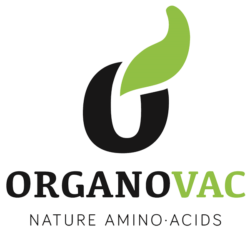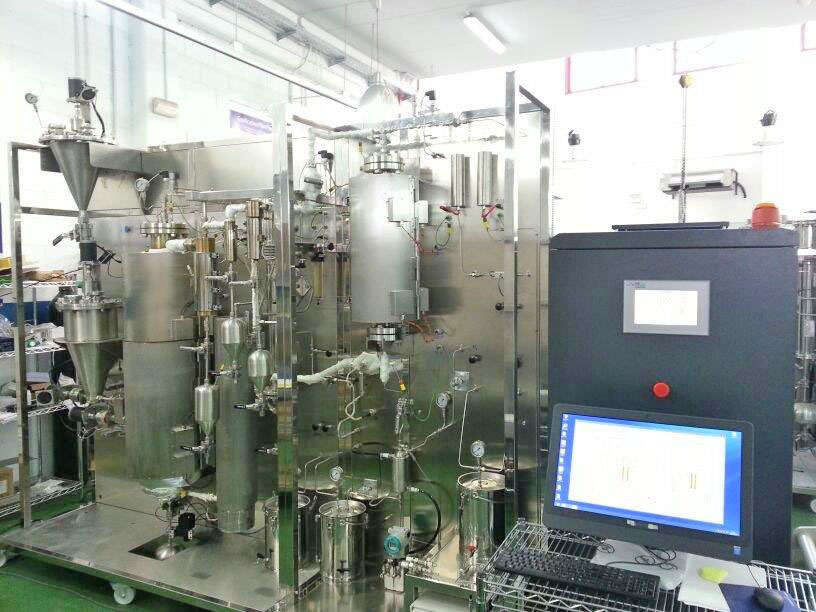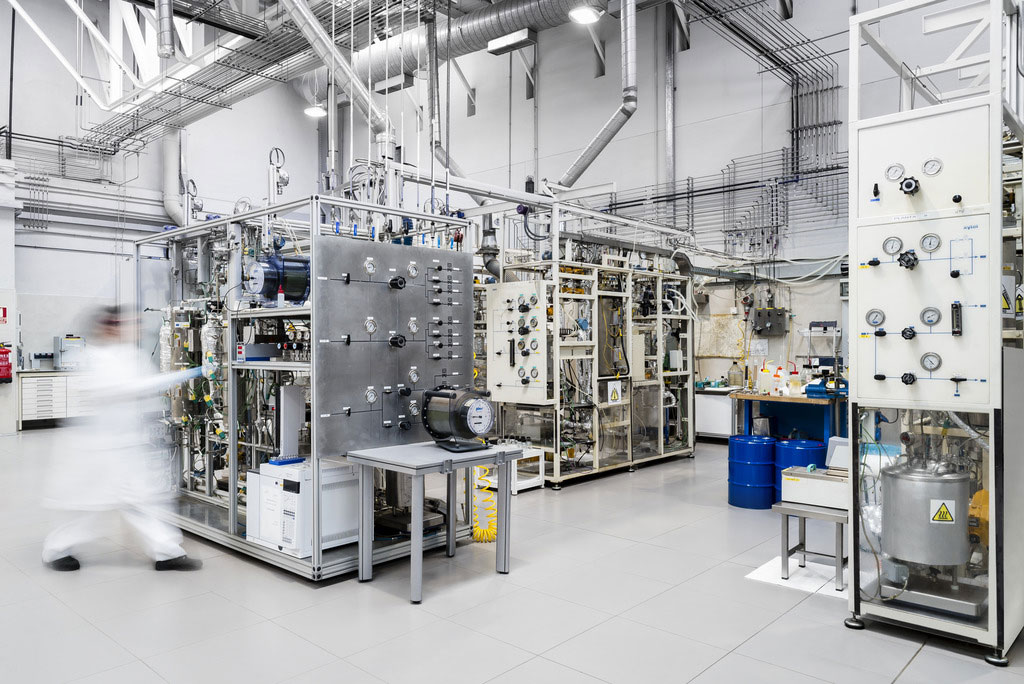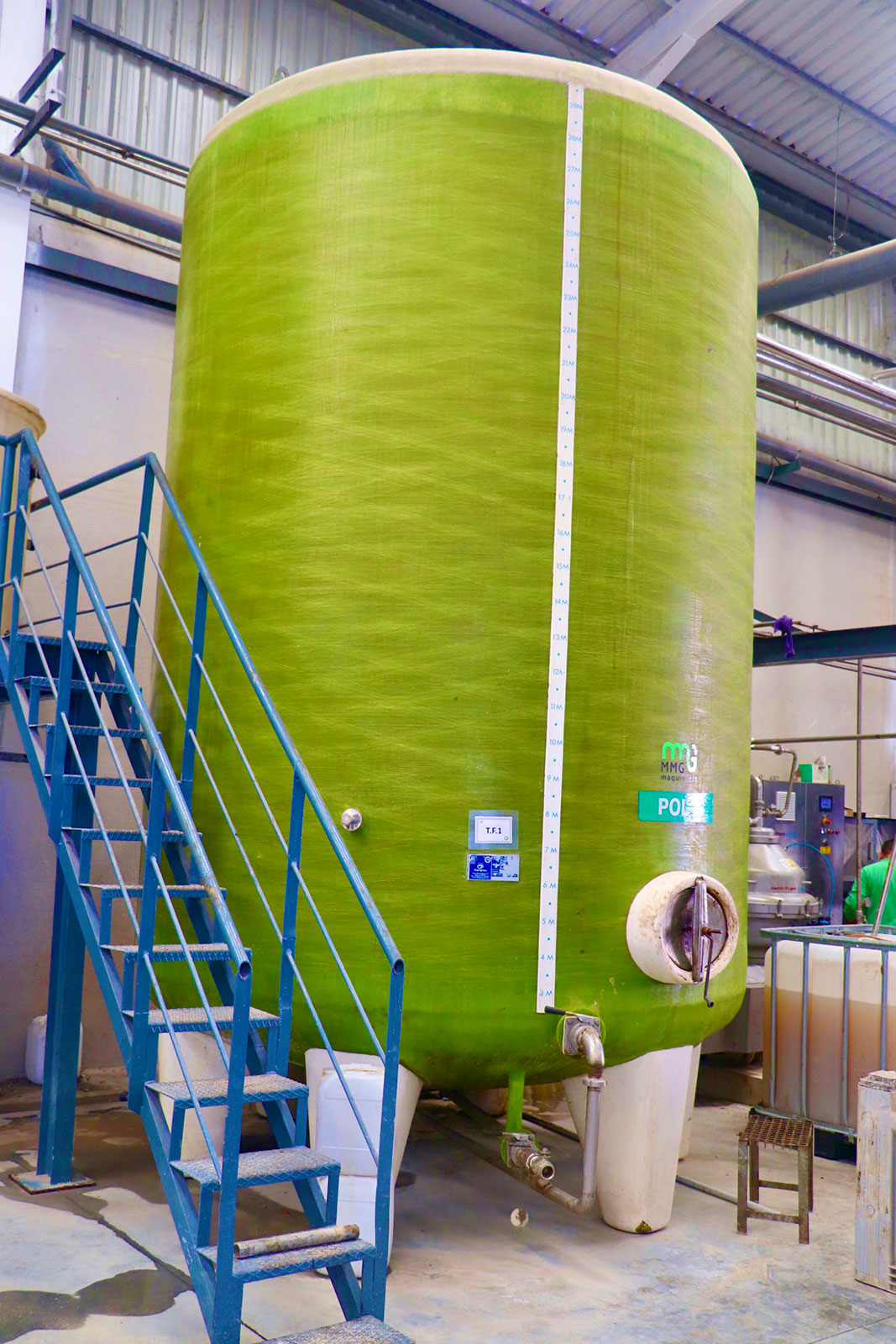AIJU is a non-profit association. This Technological Institute is focused on the provision of advanced services and the development of high-value-added R&D projects. Its aim is to boost its associated enterprises’ competitiveness in the market. The Environmental and Energy areas of AIJU will participate in this project.
This area centres on the development of new electrochemical devices, including electrolysers, fuel cells, supercapacitors and redox and lithium-ion batteries, as well as the development of innovative technologies for obtaining biofuels.
AIJU has coordinated several following LIFE projects, as well as other projects related to the LIFE SUPERBIODIESEL, related to monolithic reactors for energy and environmental applications and the obtaining of biodiesel from the Nicotina Tabacum and synthesis gas from the by-products of the process.
AIJU is the coordinator of the project and, within technical tasks, is in charge of shaped heterogeneous catalyst. It is also in charge of dissemination.















